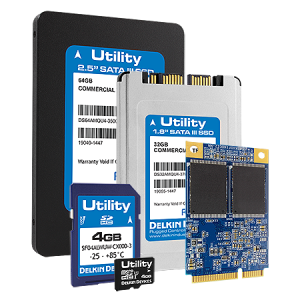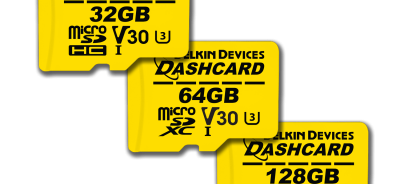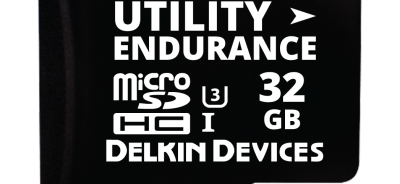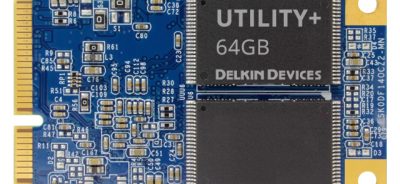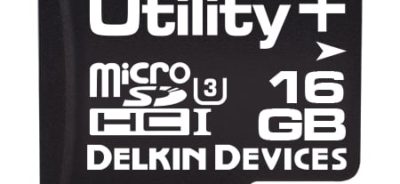Understanding Types of Form Factors
If you’ve been shopping for embedded storage, a term you are likely to have encountered is form factor. Form factor refers to the design of a piece of hardware. Types of form factors are differentiated based on their layout and dimensions. Knowing the form factor is key to preventing compatibility issues. When it comes to solid state storage (SSS), there are three main form factors: solid state drives, solid state cards, and solid state modules. Here is what you need to know about each.
Solid State Drives
Solid state drives, or SSDs, emulate the format associated with hard disk drives, or HDDs. The most common sizes for SSDs are 5.25 inches, 3.5 inches, 2.5 inches, and 1.8 inches. Generally, 5.25-inch SSDs are used in specialty applications and as backup drives. The 3.5-inch drives are usually found in desktops, while 2.5-inch SSDs are commonly found in laptops. For small mobile applications and for applications that need a removable drive, 1.8-inch SSDs are the most popular choice. Keep in mind that there can be slight variations in depth, height, and width within the standard sizes. SSDs are usually used in applications and devices that have slots that could also hold an HDD.
Solid State Cards
Solid state cards—SSCs—are used with printed circuit boards that can accommodate standard cards. SSCs rely on an interface, like PCIe or SATA. SSCs are available in a variety of sizes, but they are usually larger than solid state modules. You can find everything from low-profile SSCs that are 2.5 inches in size to full-length cards that are 12.2 inches long. Cards can be configured in a number of different ways, such as full height and half length, or vice versa, to fit the space available in the host device.
Solid State Modules
Solid state modules, or SSMs, are found in dual in-line memory modules (DIMMs) and similar systems. They usually rely on SATA or another HDD-related interface. SSMs are small in size and generally slower and lower in capacity than other SSS form factors.
Choosing between different types of form factors requires weighing several considerations, but Delkin is here to help you navigate your options. For more information, contact our product team today.
Contact
 Login
Login Register
Register


